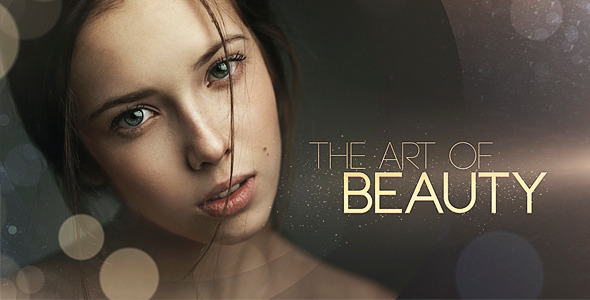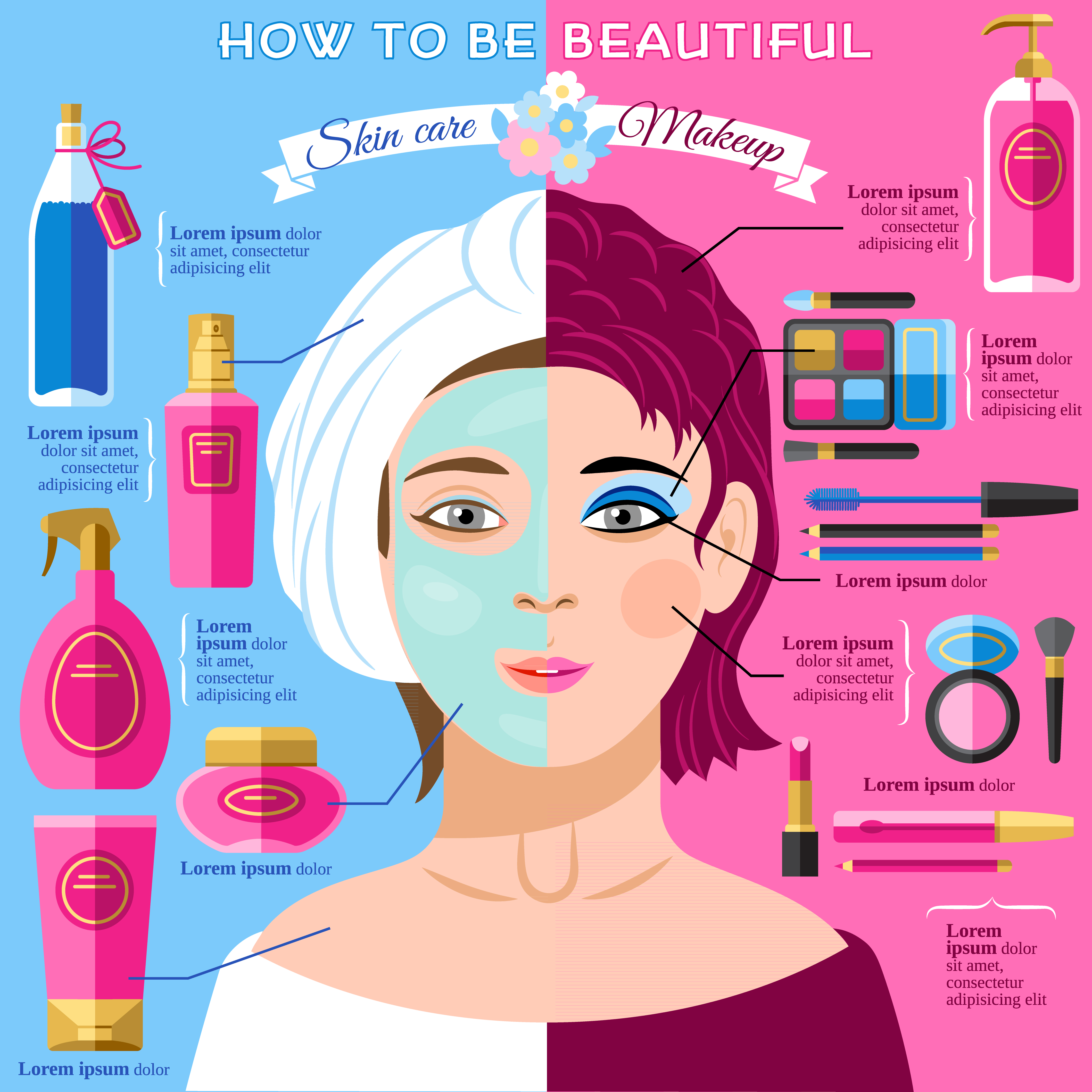The Art of Beauty: A Comprehensive Look at the Cosmetics, Skincare, and Makeup Industry
Related Articles: The Art of Beauty: A Comprehensive Look at the Cosmetics, Skincare, and Makeup Industry
Introduction
With enthusiasm, let’s navigate through the intriguing topic related to The Art of Beauty: A Comprehensive Look at the Cosmetics, Skincare, and Makeup Industry. Let’s weave interesting information and offer fresh perspectives to the readers.
Table of Content
The Art of Beauty: A Comprehensive Look at the Cosmetics, Skincare, and Makeup Industry

The cosmetics, skincare, and makeup industry is a dynamic and multifaceted landscape, encompassing a vast array of products and services designed to enhance and transform individual appearances. This industry plays a significant role in our society, fostering self-expression, confidence, and a sense of well-being. From the intricate formulas of skincare products to the vibrant colors of makeup, the industry thrives on innovation, creativity, and a deep understanding of consumer needs.
A Multifaceted Industry: From Skincare to Makeup
The cosmetics, skincare, and makeup industry is characterized by its diverse nature, encompassing several distinct yet interconnected segments:
1. Skincare: This segment focuses on products designed to cleanse, nourish, and protect the skin. Skincare products address a wide range of concerns, including aging, acne, dryness, and pigmentation. Key categories include cleansers, toners, serums, moisturizers, sunscreens, and treatments.
2. Makeup: This segment encompasses products used to enhance or alter the appearance of the face and body. Makeup ranges from foundation and concealer to eyeshadow, lipstick, and mascara. The industry caters to various aesthetic preferences, offering a spectrum of colors, textures, and finishes.
3. Hair Care: This segment focuses on products designed to cleanse, condition, and style hair. Hair care products include shampoos, conditioners, styling gels, mousses, and hair dyes.
4. Fragrances: This segment encompasses perfumes, colognes, and body sprays designed to enhance personal scent. Fragrances are often categorized by their scent profiles, such as floral, fruity, woody, or spicy.
5. Personal Care: This segment encompasses a wide range of products used for personal hygiene, such as body wash, deodorant, and shaving cream.
The Evolution of the Industry: From Ancient Practices to Modern Innovations
The history of cosmetics, skincare, and makeup dates back to ancient civilizations, where the use of natural ingredients for beauty purposes was prevalent. Egyptians, for instance, utilized henna for hair dye, kohl for eye makeup, and essential oils for fragrances. The Roman Empire saw the rise of elaborate beauty rituals, with women using beeswax, honey, and milk for skincare.
The modern cosmetics industry emerged in the late 19th and early 20th centuries, driven by technological advancements and the rise of mass production. The invention of synthetic dyes and the development of new formulations led to a surge in product variety and availability. The 20th century witnessed the rise of prominent cosmetic brands, such as Max Factor, Revlon, and Estee Lauder, shaping the industry’s landscape and influencing consumer preferences.
The 21st century has brought about further innovation and evolution, with an increasing focus on natural and organic ingredients, sustainability, and personalized beauty solutions. The rise of online platforms and social media has also transformed the industry, creating new avenues for product discovery, brand engagement, and influencer marketing.
The Importance of the Cosmetics, Skincare, and Makeup Industry
The cosmetics, skincare, and makeup industry plays a significant role in our society, influencing our perceptions of beauty, identity, and self-expression. Its importance can be understood through the following aspects:
1. Enhancing Appearance and Confidence: Cosmetics, skincare, and makeup products empower individuals to enhance their natural features, experiment with different looks, and express their personal style. This can lead to increased confidence, self-esteem, and a sense of well-being.
2. Fostering Creativity and Self-Expression: The industry offers a vast array of colors, textures, and finishes, allowing individuals to explore their creativity and express their unique personalities through their appearance.
3. Promoting Individuality and Diversity: The cosmetics, skincare, and makeup industry has become increasingly inclusive, offering a wider range of products and services that cater to diverse skin tones, hair types, and beauty preferences. This promotes individuality and celebrates the beauty of diversity.
4. Economic Impact: The industry is a major contributor to the global economy, creating jobs, generating revenue, and supporting various sectors, including manufacturing, research and development, and retail.
5. Social Impact: The industry has a significant social impact, influencing trends, shaping beauty standards, and promoting awareness of beauty and wellness.
The Future of the Industry: Trends and Innovations
The cosmetics, skincare, and makeup industry is constantly evolving, driven by technological advancements, changing consumer preferences, and the rise of new trends. Some key trends shaping the future of the industry include:
1. Personalized Beauty: The industry is increasingly focusing on personalized solutions, with brands offering customized products and services tailored to individual needs and preferences. This involves utilizing data analytics, AI-powered tools, and advanced skincare formulations to create personalized regimens.
2. Sustainability and Environmental Responsibility: Consumers are increasingly demanding eco-friendly and sustainable practices from brands. This has led to a shift towards natural and organic ingredients, biodegradable packaging, and ethical sourcing practices.
3. Inclusivity and Diversity: The industry is embracing inclusivity and diversity, offering a wider range of products and services that cater to diverse skin tones, hair types, and beauty preferences. This includes expanding product ranges, featuring diverse models in marketing campaigns, and promoting inclusivity in the workplace.
4. Technological Advancements: The industry is leveraging technological advancements to create innovative products and improve the consumer experience. This includes the use of AI, augmented reality, and virtual reality to enhance product development, customer engagement, and online shopping experiences.
5. Focus on Wellness: Consumers are increasingly prioritizing wellness and self-care, leading to a growing demand for products that promote skin health, mental well-being, and overall vitality.
FAQs
1. What are the key ingredients to look for in skincare products?
Key ingredients to look for in skincare products depend on your specific skin concerns. However, some commonly sought-after ingredients include:
- Hyaluronic acid: A humectant that attracts and retains moisture, hydrating the skin.
- Retinol: A vitamin A derivative that promotes cell turnover, reduces fine lines and wrinkles, and improves skin texture.
- Vitamin C: An antioxidant that protects the skin from environmental damage and promotes collagen production.
- Niacinamide: A vitamin B3 derivative that reduces redness, inflammation, and hyperpigmentation.
- Glycolic acid: An alpha-hydroxy acid (AHA) that exfoliates dead skin cells, improves skin texture, and reduces hyperpigmentation.
2. How do I choose the right foundation for my skin type?
Choosing the right foundation involves considering your skin type, skin tone, and coverage needs.
- Oily skin: Look for oil-free, matte foundations with a lightweight texture.
- Dry skin: Opt for hydrating foundations with a creamy or dewy finish.
- Combination skin: Choose a foundation that balances hydration and oil control.
- Sensitive skin: Select a foundation that is hypoallergenic, fragrance-free, and non-comedogenic.
- Skin tone: Match the foundation to your skin tone by testing it on your jawline.
3. What are the benefits of using sunscreen daily?
Sunscreen is essential for protecting the skin from harmful UV rays that can cause sunburn, premature aging, and skin cancer. Daily sunscreen use helps:
- Prevent sunburn: UV rays damage the skin, causing redness, pain, and inflammation.
- Reduce premature aging: Sun exposure accelerates skin aging, leading to wrinkles, fine lines, and age spots.
- Protect against skin cancer: UV rays are a major risk factor for skin cancer.
- Maintain skin health: Sunscreen helps prevent skin damage and maintain a healthy, youthful appearance.
4. What are some tips for applying makeup?
Applying makeup effectively requires practice and understanding of different techniques. Here are some tips:
- Start with a clean and moisturized face: This creates a smooth canvas for makeup application.
- Use a primer: Primer helps smooth out skin texture, create a flawless base, and extend the wear of makeup.
- Apply foundation with a brush or sponge: Blend foundation evenly for a natural finish.
- Use concealer to cover blemishes and dark circles: Apply concealer sparingly and blend carefully.
- Set makeup with powder: Powder helps absorb excess oil and set makeup for longer wear.
- Experiment with different techniques and products: Find what works best for you and your personal style.
5. How can I achieve a natural-looking makeup look?
A natural-looking makeup look emphasizes enhancing natural features rather than creating a dramatic transformation. Here are some tips:
- Use a light foundation or tinted moisturizer: Opt for a sheer coverage that blends seamlessly with your skin tone.
- Conceal only where needed: Focus on areas with blemishes or dark circles.
- Use a soft blush: Choose a blush in a shade that complements your natural skin tone and apply it lightly to the apples of your cheeks.
- Define your eyes with a neutral eyeshadow palette: Use light shades to highlight and darker shades to contour.
- Apply mascara sparingly: Choose a lengthening or volumizing mascara and apply it to the top lashes only.
- Use a nude or light-colored lipstick: Opt for a shade that complements your natural lip color.
Conclusion
The cosmetics, skincare, and makeup industry continues to evolve, driven by innovation, consumer demand, and a growing focus on inclusivity, sustainability, and wellness. As we navigate this dynamic landscape, it is crucial to remain informed about the latest trends, ingredients, and practices. By making informed choices and embracing the transformative power of beauty, we can enhance our appearance, express our individuality, and cultivate a sense of confidence and well-being.








Closure
Thus, we hope this article has provided valuable insights into The Art of Beauty: A Comprehensive Look at the Cosmetics, Skincare, and Makeup Industry. We appreciate your attention to our article. See you in our next article!